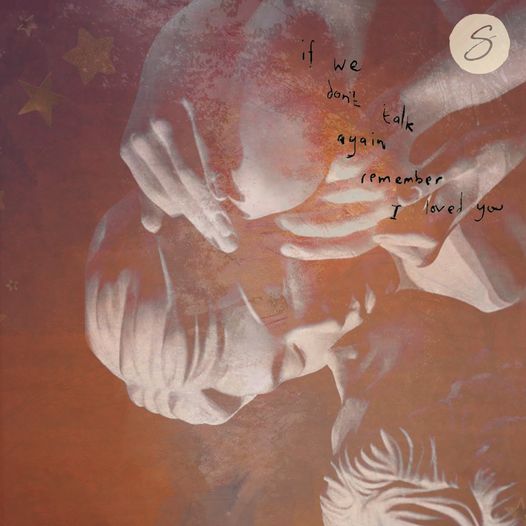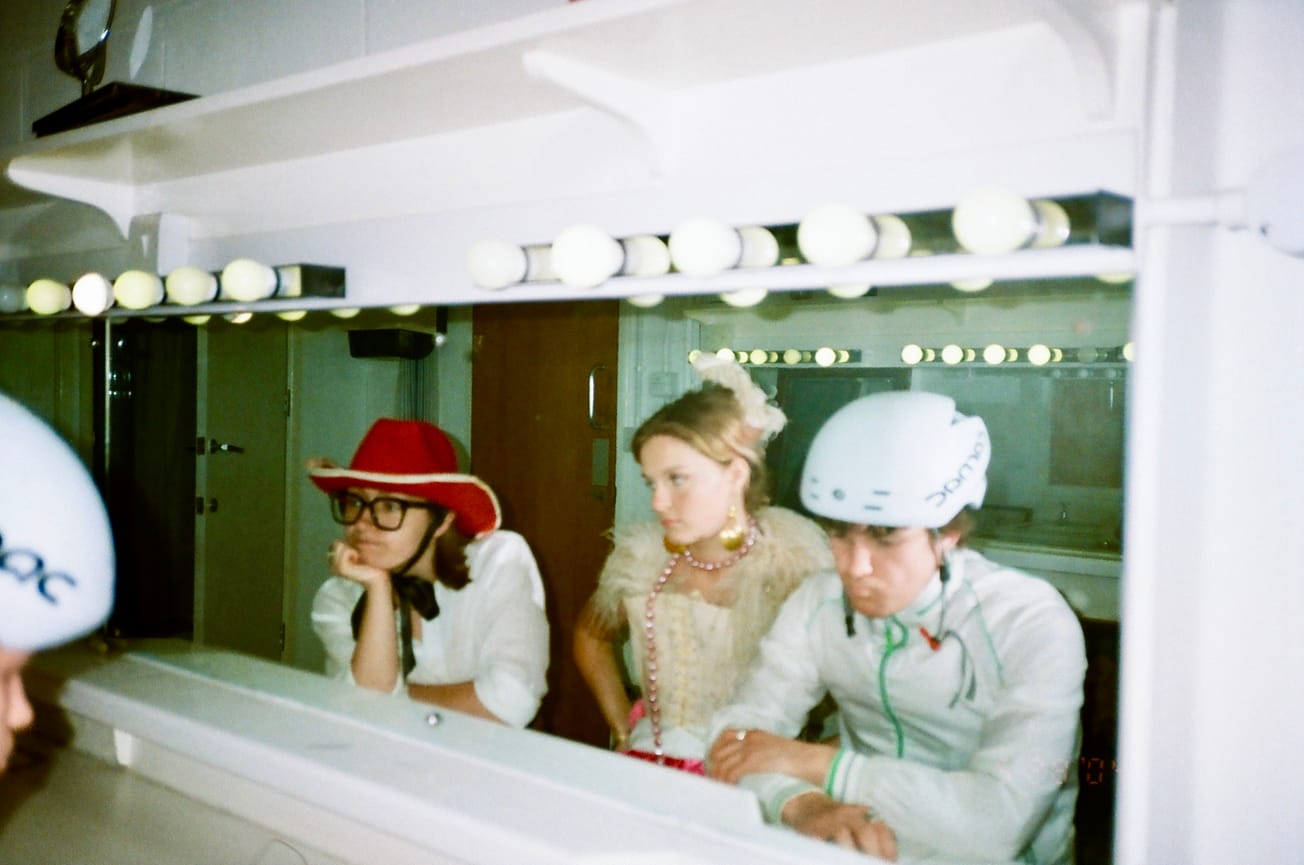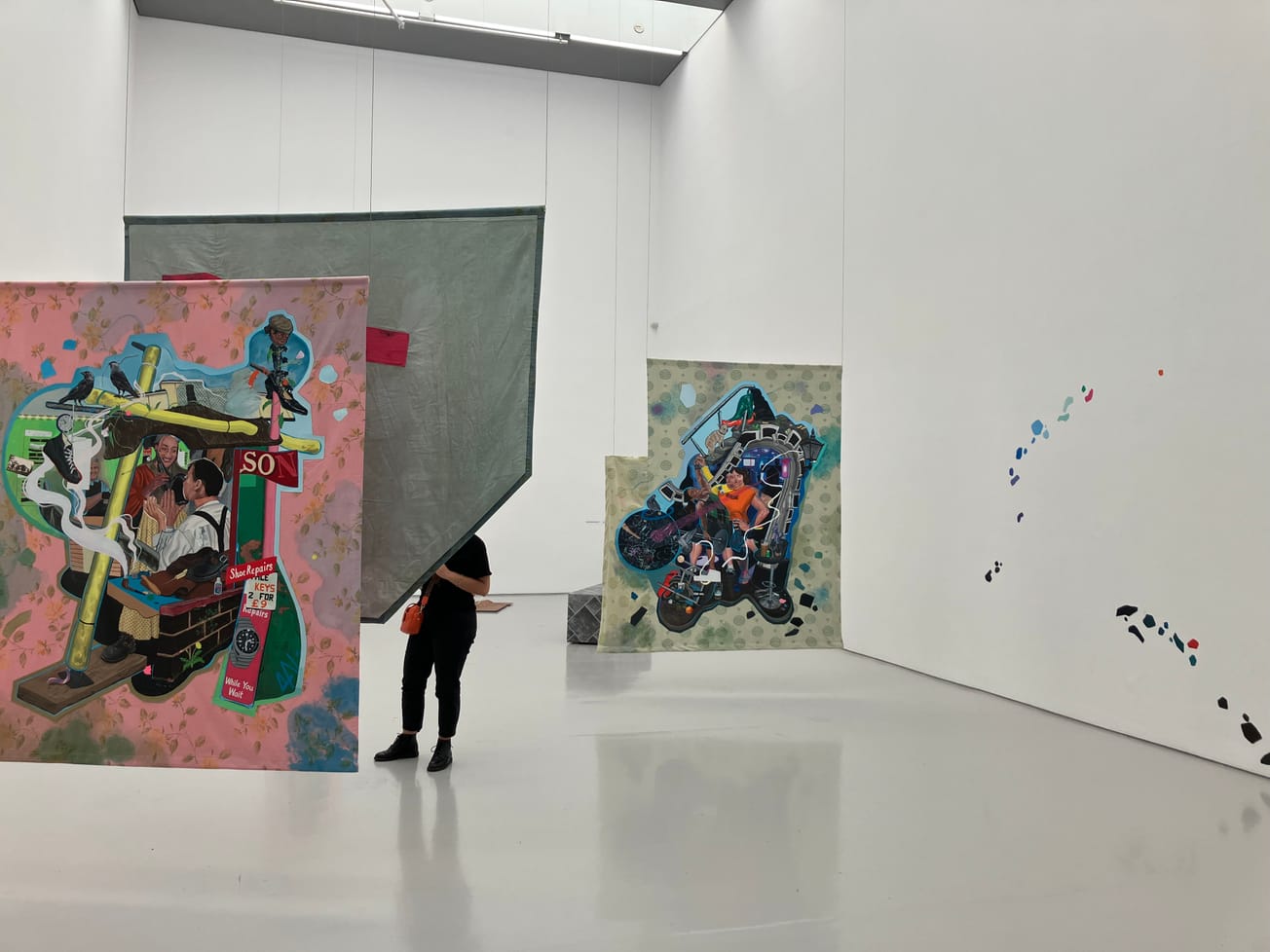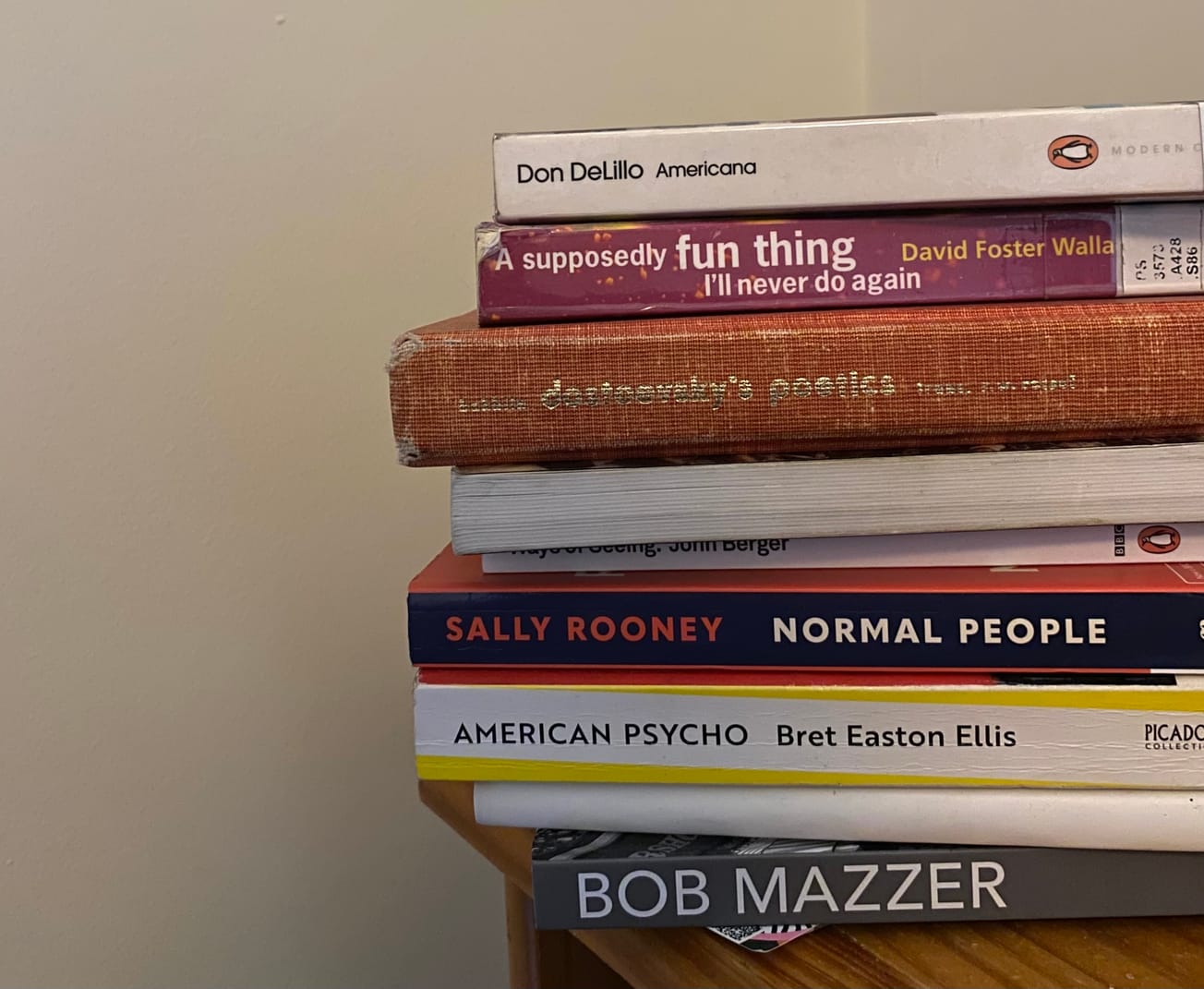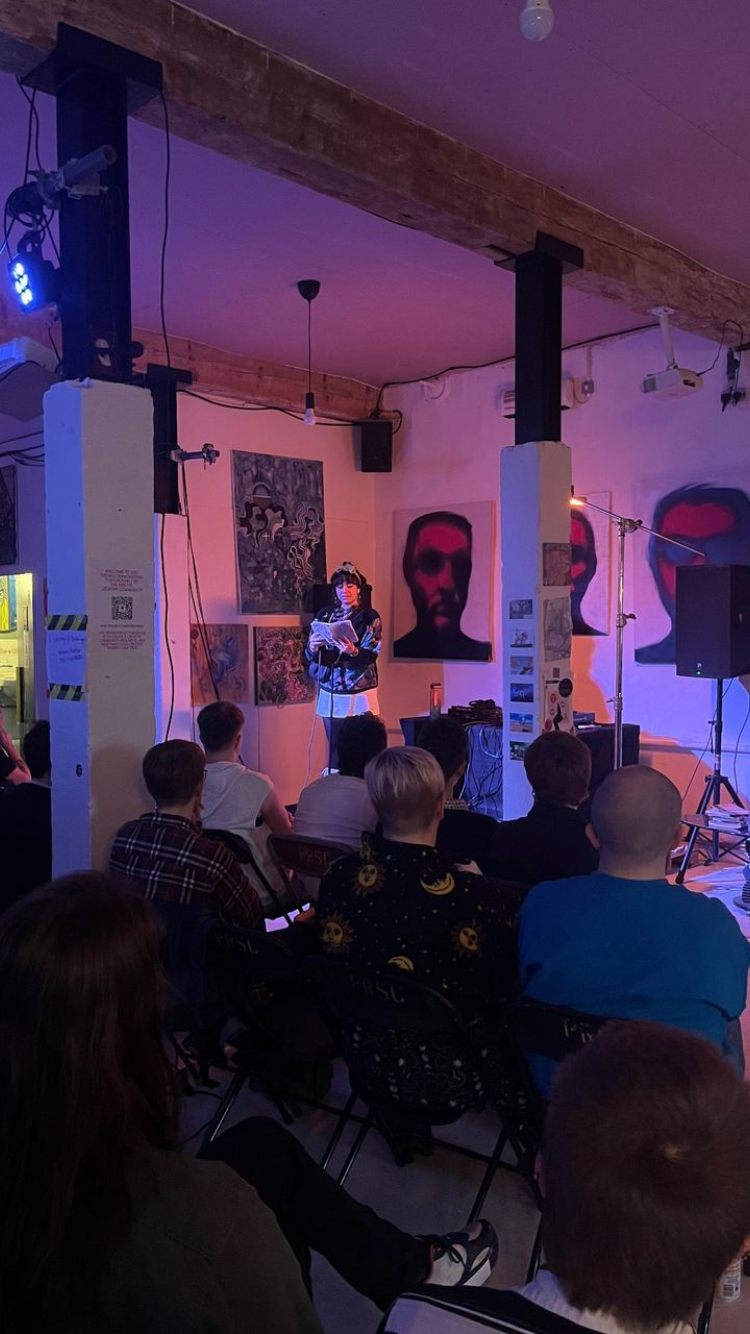By Katie Chalk, Arts Deputy Editor
‘City Killed the Stars’ is an impressive achievement. ★★★★★
Spotlights’ original radio play, written by Hannah Morgan and produced by Anna Sharp, pushes the boundaries of traditional performance to a new medium. It is a sparkling example of the resilience of theatre during challenging times, and the determination of students to keep creating.
The play tells the understated tale of Clem and Michael, students, best friends and flatmates about whom there have been rumours of romance ‘since first year’ which never, until now, came to fruition.
Their authentic relationship evokes the same warmth and tenderness of Marrianne and Conell’s relationship in ‘Normal People’, and the same frustration of cruel circumstances.
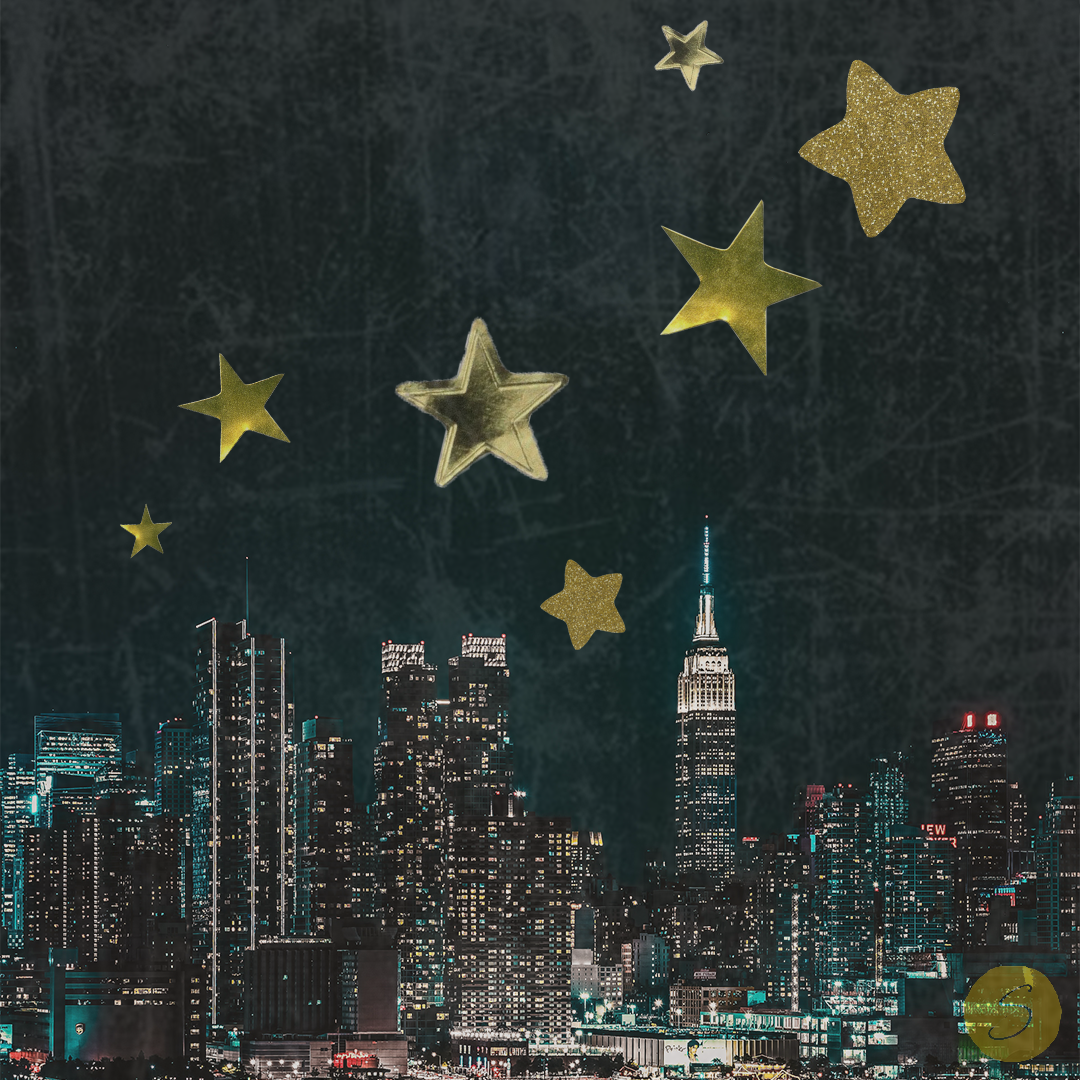
Carrying the narrative was Ella Hughes-Reeder’s Clem who was undoubtedly the standout performance. She conveys a vulnerable dependency on male affection believably and sympathetically along with animating Morgan’s bewitching poetic monologues, keeping her energy throughout.
Rohan Chopra’s Michael is Clem’s opposite: sociable and confident, though we see tantalizing glimpses of family anxieties leading to the main obstacle in their friendship - he has to leave. This monumental shift triggers already bubbling romantic tensions between the pair.
They contend with Clem’s palpably awful, abusive boyfriend Hugo (Henry Thorpe-Spinks), and a parade of Michael’s seemingly shallow ex-girlfriends, though Kitty Daniels’ Anna was an unexpected, refreshing addition who subverted the ‘bitchy love-rival’ stereotype.
It is a sparkling example of the resilience of theatre during challenging times, and the determination of students to keep creating.
Through this, the entangled duo explore the boundaries of physical closeness, emotional support and the many different kinds of love between two people. It is a stark but simple portrayal of vulnerability and loss but one which carries the important message of independence, self-sufficiency and self-fulfilment.
Refreshingly, it is not a play about COVID-19. It is a stripped-back, timeless narrative which, given its intimate concentration on just two individuals in one location, makes this a well-judged creation which is not specifically about COVID-19, but can plausibly fit into a locked-down world. Familiar feelings of social isolation and the craving of intimacy and human contact are still portrayed but in a subtle way.
The writing is simply beautiful. Morgan’s ability to convey the widest spectrum of human emotion from agony to elation using such simple images is something really special.
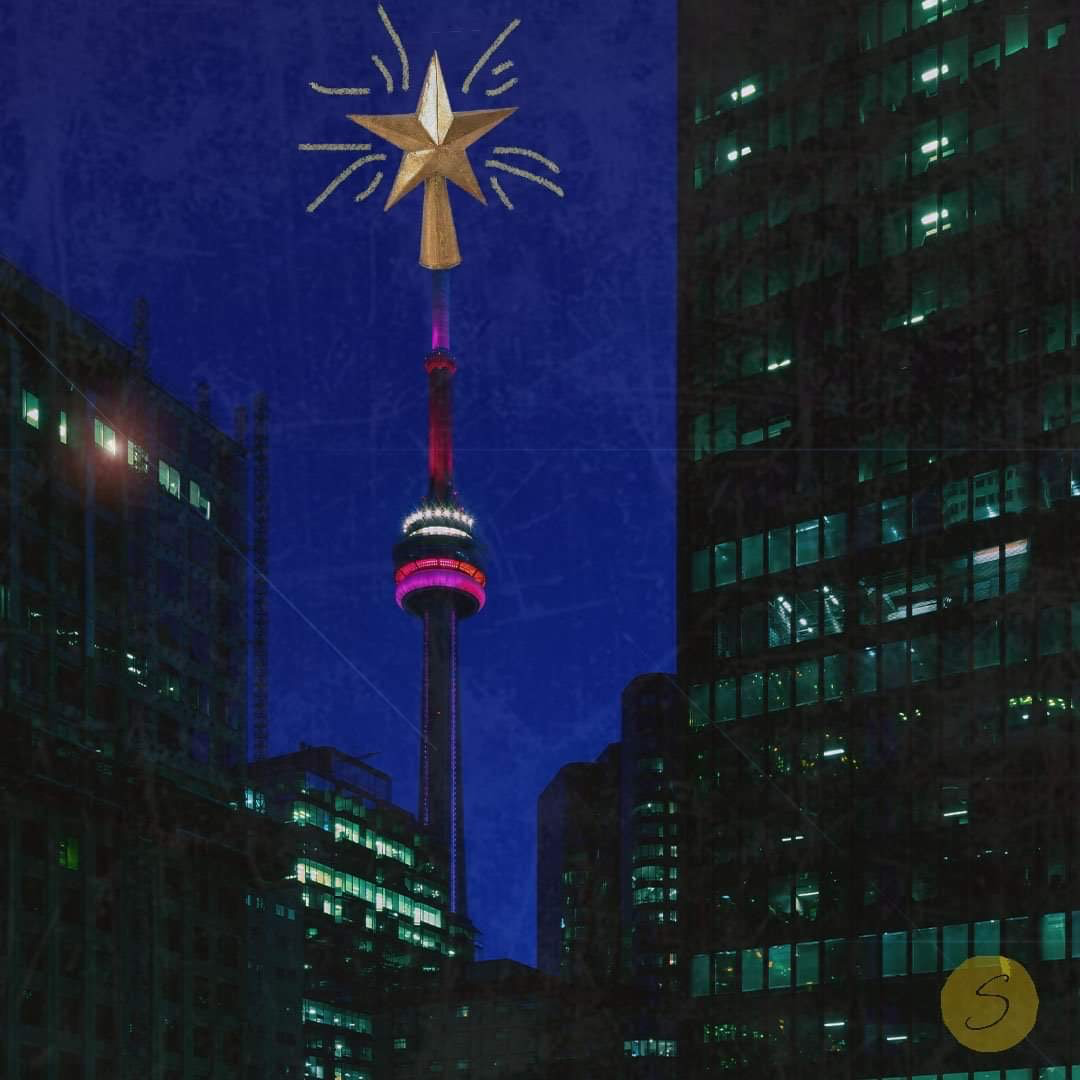
A simple line such as ‘I want to see you duck under beams in a little house that's only ours’ is a tiny snippet of a moment which conveys so much. I can just feel the tenderness and desire for quaint domesticity, comfort and escape. In this way the radio-play medium allows her skill to shine through as her language is vivid enough to replicate the rich visual experience of a live show.
The experience also retains the same qualities of immersiveness and immediacy which are characteristic of live theatre. This is achieved through Angus Cooke’s haunting music, atmospheric sound effects and intricate editing of individually recorded lines into flowing dialogue by the immensely talented sound editors Thomas Duggan, Cam Macgregor and Maddy Raven.
City Killed the Stars: Spotlights Lockdown Radio Play
Review: Bristol Poetry Institute Annual Reading with Claudia Rankine
For lovers of theatre, this radio-play is not just a replacement but an invigorating experience in its own right: one which is sure to captivate, pull on the heartstrings, but also restore hope for personal resilience in the face of a cruel world.
You can listen to City Killed the Stars through the ticket link on the SU website, availible till 12th March.
Featured Image: Spotlights
What did you think of Spotlights’ new play?

